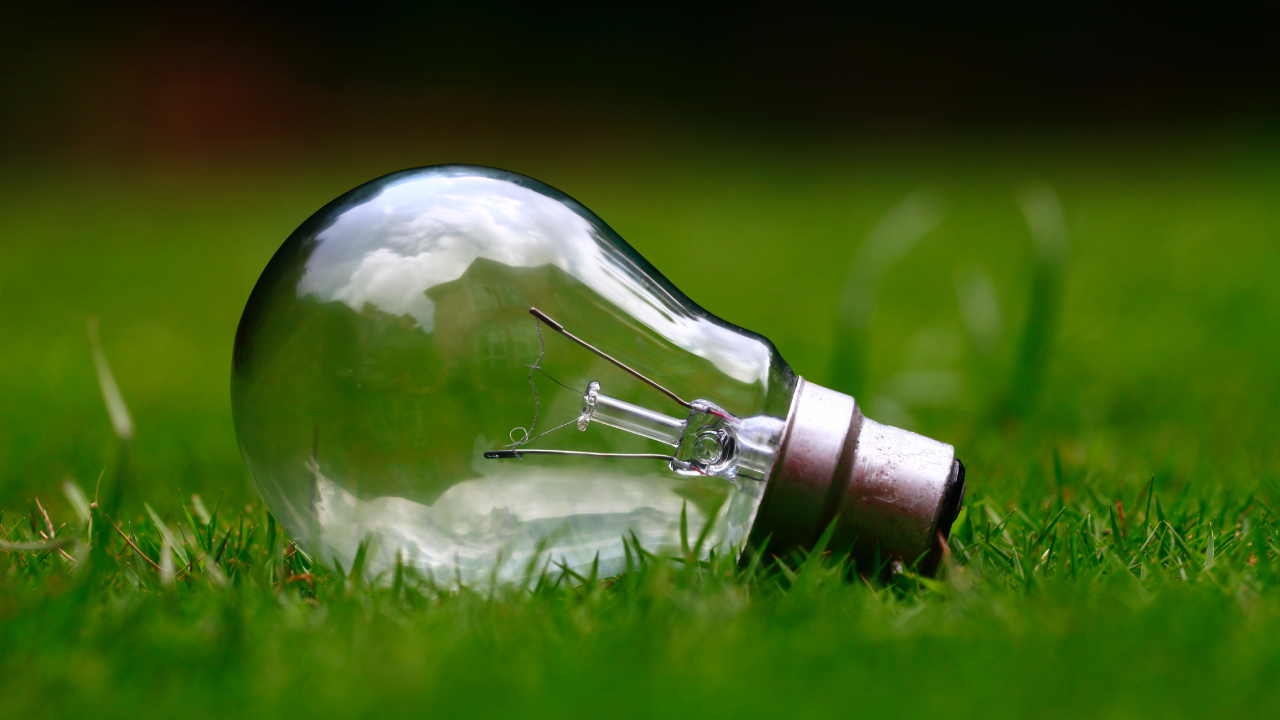- South Africa’s government has given the green light on its green hydrogen commercialisation project.
- It is now looking for international investments to begin the project, to the tune of $1 billion.
- Minister Khumbudzo Ntshavheni says that the project could add 370 000 jobs and increase the local GDP by 3.6 percent… by the year 2050.
South Africa has approved the implementation of its Green Hydrogen Commercialisation Strategy (GHCS), with the country now hoping to become a major producer and exporter of green hydrogen.
This is according to Minister in the Presidency Khumbudzo Ntshavheni, who announced that Cabinet had approved the plan on Thursday, per SA News.
The generation of green hydrogen is a new technological innovation that sees hydrogen molecules taken out of water using a process called electrolysis. The hydrogen is then made into a burnable gas which can be used to generate electricity. Unlike coal used in power plants, this hydrogen produces no carbon dioxide, which means it won’t contribute to global warming and climate change.
Thus the marketing name of “green” hydrogen. However, some drawbacks to the technology is that it costs more money and energy to produce green hydrogen than fossil fuel sources like coal, and it is less safe, with hydrogen being a highly flammable and volatile element if treated carelessly.
“Government has identified possible funding for green hydrogen projects and the draft Green Paper received extensive feedback from stakeholders,” Ntshaveni said on Thursday. Government is hoping to leverage green hydrogen as an additional source of renewable energy, according to the minister.
In total, South Africa is hoping to attract $1 billion in funding to implement its green hydrogen generation strategy, which will pay off for the country in the long, long term, according to Ntshavheni.
By 2050, a time few of us can fathom, South Africa’s green hydrogen economy could generate 370 000 jobs and increase the GDP of the country by 3.6 percent, she explained.
South African has been engaging with powers in the global north, seeking monetary support for its Just Energy Transition, an overarching project to transform the country’s energy mix towards no fossil fuel sources. Nations such as the UK, the US, France and Germany have pledged their support. Countries like the UK have already pledged undisclosed “billions” towards helping SA with the transition.
German firms were among the last to announce investments in South Africa’s green hydrogen projects.
Electricity Minister Kgosientsho Ramokgopa explained in June that investors could see a piece of the potentially $300 billion pie which could be made by SA exporting green hydrogen to other countries. In the potential deal, South Africa gets more electricity and more jobs and Germany gets the profit.
Countries like Germany would assist with capital investments as well as technological skills and experience in the implementation.
However, detractors abound on the project, and indeed the entire Just Energy Transition. At the recently held African Energy Week 2023 conference in Cape Town, author and net-zero detractor Alex Epstein said that Africans should challenge the “energy transition agenda.”
“I am not in favour of a just energy transition,” Epstein stated in a press release, adding, “There is no such thing as a just rapid energy transition to net-zero. What I am in favour of is a just energy expansion. That is what is actually justified.”
His argument is that now-developed nations did so using fossil fuels, and that since Africa has such a vast amount of resources, it should simply continue using those to generate power in spite of western agendas since they are more “affordable and reliable.”
[Image – Photo by Ashes Sitoula on Unsplash]

